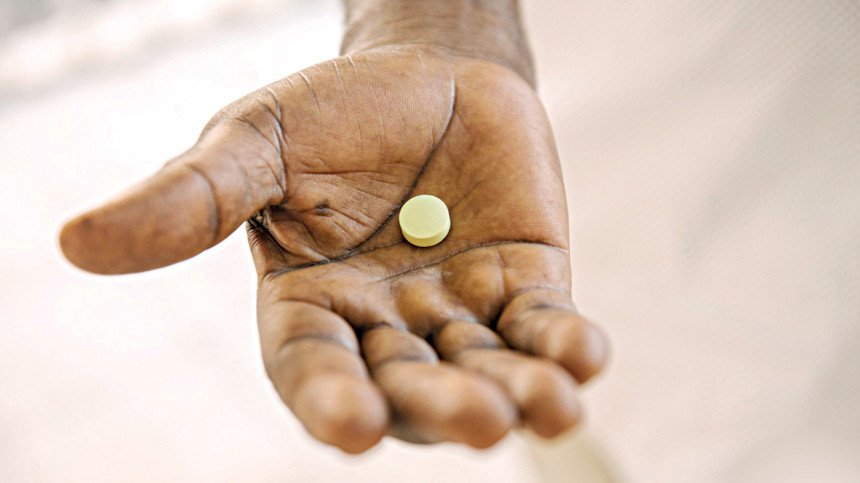A new, single-dose, oral treatment for sleeping sickness is as effective as current treatments and could be a key factor in eliminating disease transmission by 2030, suggests a new study published in The Lancet Infectious Diseases.
Sleeping sickness, or human African trypanosomiasis (HAT), is a neglected tropical disease, which can be fatal if left untreated. Until 2019, treatment for patients in the earlier stage of the disease was a daily injection for seven or more days and, for patients in the later disease stage, an intravenous drip for seven days, which requires hospitalisation. Patients were also required to undergo a spinal tap, where fluid is collected from the spine, to diagnose the stage of sleeping sickness to determine the most appropriate treatment.
In 2019, a 10-day oral drug (fexinidazole) developed by the Drugs for Neglected Diseases initiative (DNDi) as a first-line treatment for both stages of the disease, but its administration still requires skilled staff and, often, hospitalisation. The new prospective study looks at the efficacy of one oral dose of acoziborole, a drug co-developed by DNDi and Sanofi, in treating g-HAT.
“The World Health Organisation have set a goal of elimination of g-HAT by 2030 by interrupting the disease’s transmission. Although cases are decreasing across Africa, this will be a challenge and we believe the use of acoziborole could be a crucial future tool in efforts to reach our common goal of elimination,” says Dr Victor Kande Betu Kumeso, principal investigator of the trial and former Neglected Tropical Diseases Expert Advisor at the Ministry of Health, Kinshasa, Democratic Republic of the Congo.

